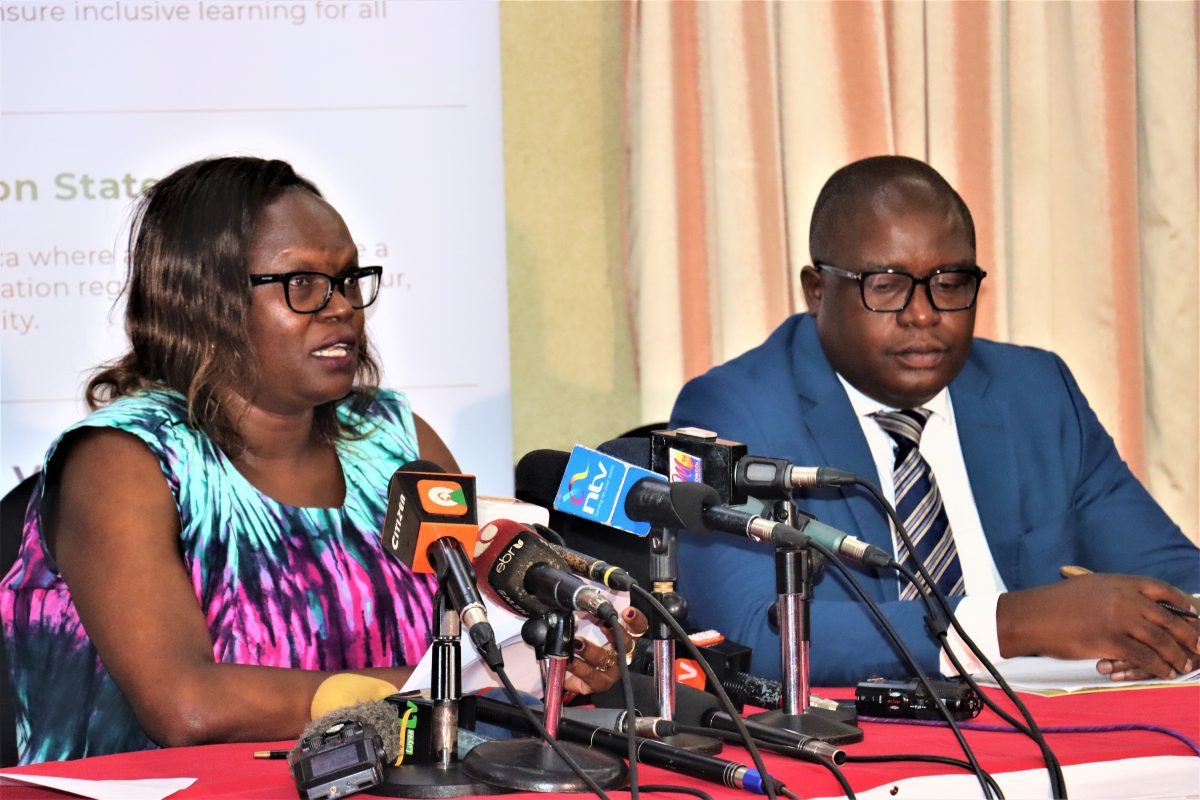
On Saturday the 23rd of April 2022, the Cabinet Secretary of Education, Prof. George Magoha, released the 2021 KCSE results […]
Read More…
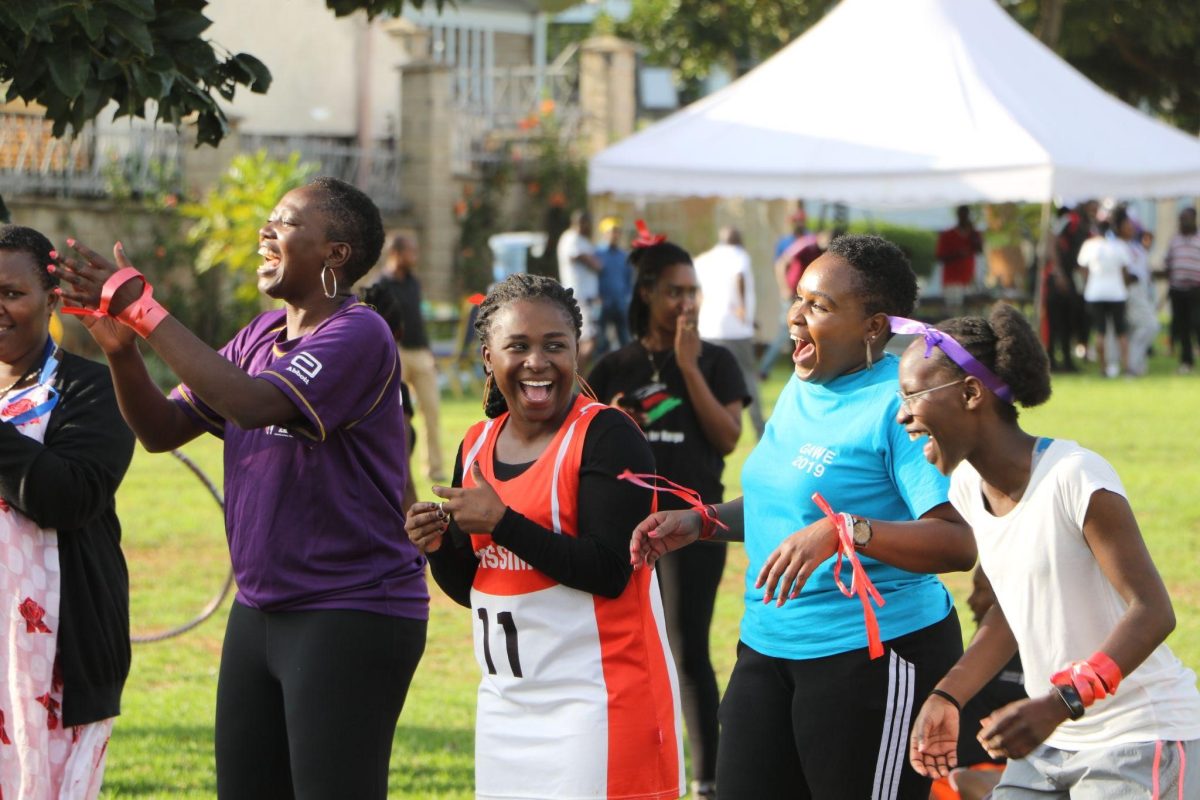
During a recent writing workshop, the Education and Youth Empowerment (EYE) team played a game of charades. The game, which […]
Read More…
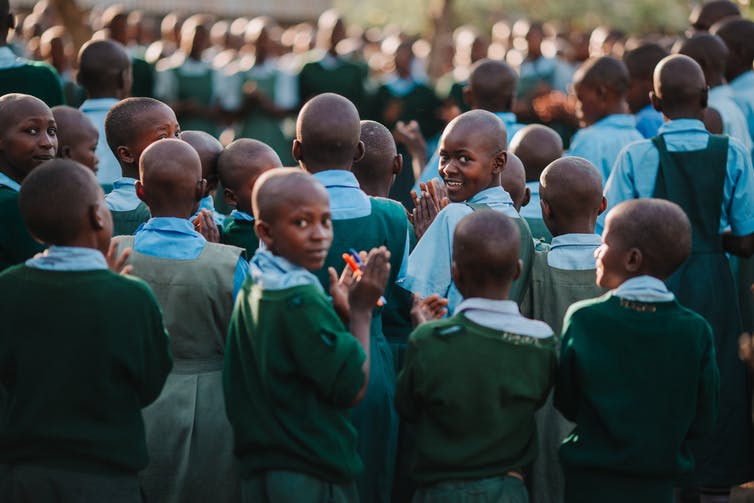
ALOT Change Phase III is a follow-up study of the Phase II cohort who transitioned to secondary school in 2019. In this Phase, APHRC in liaison with Miss Koch and U-Tena is testing the feasibility of
implementing the A LOT-Change model among older adolescents and also establish the sustainability of the effects of the intervention as observed in Phase II on the adolescents in secondary school.
The intervention components in Phase III include career awareness training, mentoring in soft skills, holiday homework support, digital literacy and parental counselling. In the short-term, these components are expected to broaden the enrolled adolescents’ view of prospective future career paths in different sectors and knowledge of what it takes to get there; improve their social responsibility and citizenship skills; improve soft skills knowledge among adolescent boys and girls; improve learning outcomes; enhance their knowledge and skills in the use of digital hardware and related software; and increase parental support for their children’s education. In the long term we hope that by securing the future of these adolescent boys and girls, they will, in turn, transform their communities positively. […]
Read More…
There are low levels of research productivity among Higher Education Institutions (HEIs) in Africa, a situation that is likely to […]
Read More…
Research is an essential tool for the creation and advancement of knowledge for socio-economic development. Whilst individuals pursue different kinds […]
Read More…
At the onset of the COVID-19 pandemic, about 1.6 billion learners (94% globally) from pre-primary to higher education were affected by the partial or total closure of schools (UN, 2020). As shown in Table 1, projections from UNESCO 2020 show that 23.8 million (10.9 million in primary and secondary school) children, adolescents and youth are at risk of dropping out of school globally due to the COVID-19 pandemic. […]
Read More…
This report synthesizes available evidence on the education priorities of 41 African partner countries of the Global Partnership for Education (GPE) in responding to the impacts of COVID-19, and how these countries have financed their responses. It also addresses how these measures are meeting the education needs of vulnerable and marginalized children, especially girls, children with disabilities and those living in hard-to-reach areas. It identifies education financing gaps and challenges, and emerging evidence on what education systems in these countries are experiencing as a result of COVID-19 and persistent funding constraints. The report concludes with five recommendations for GPE partner countries and development actors. […]
Read More…
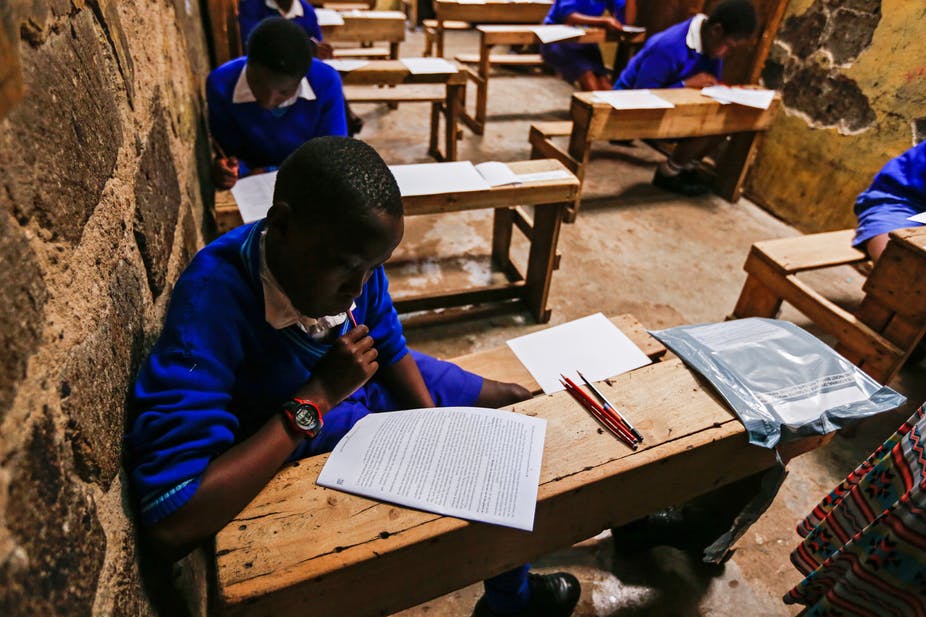
Preventing teenage pregnancy and maintaining girls at schools is critical to achieving the Sustainable Development Goal (SDG) 4 which aims […]
Read More…
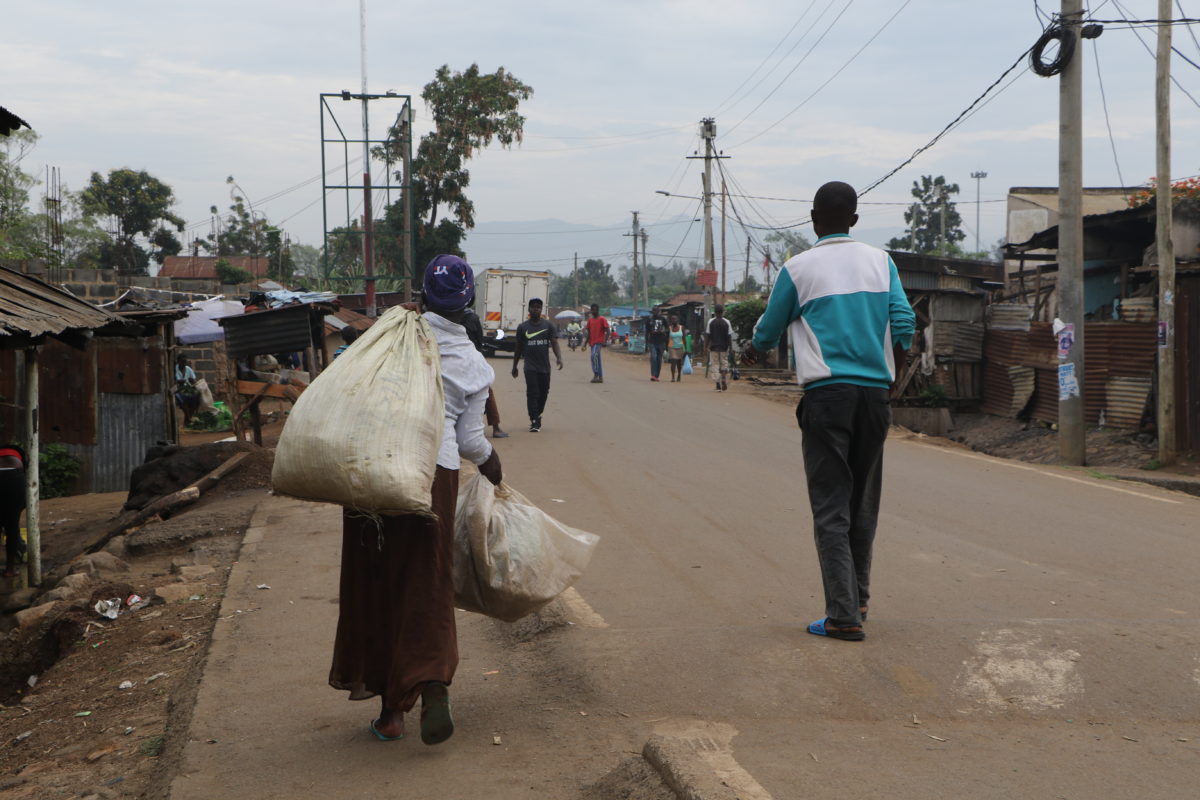
“This crisis could have been all we needed to position ourselves for the future.” These were the words by Rukomia […]
Read More…
Equity and Inclusion: Towards an accelerated action to enhance learning in East Africa […]
Read More…
Academic achievement has often been the main measure of learning and success, forgetting that we also need other non-academic skills […]
Read More…

Youth bulge is a reality that most countries contend with globally. It can present positive or negative consequences depending on […]
Read More…

The magnitude of the effect that COVID19 will have on economies across the region will solely depend on mitigation measures […]
Read More…
‘Kuja ukae hapa na unisubiri narudi,’ beckons Bahati to his five-year-old sister Malaika as he runs into the obscured sunset […]
Read More…
Following the eruption of the COVID–19 pandemic in December 2019, various containment measures have been devised by different countries around […]
Read More…
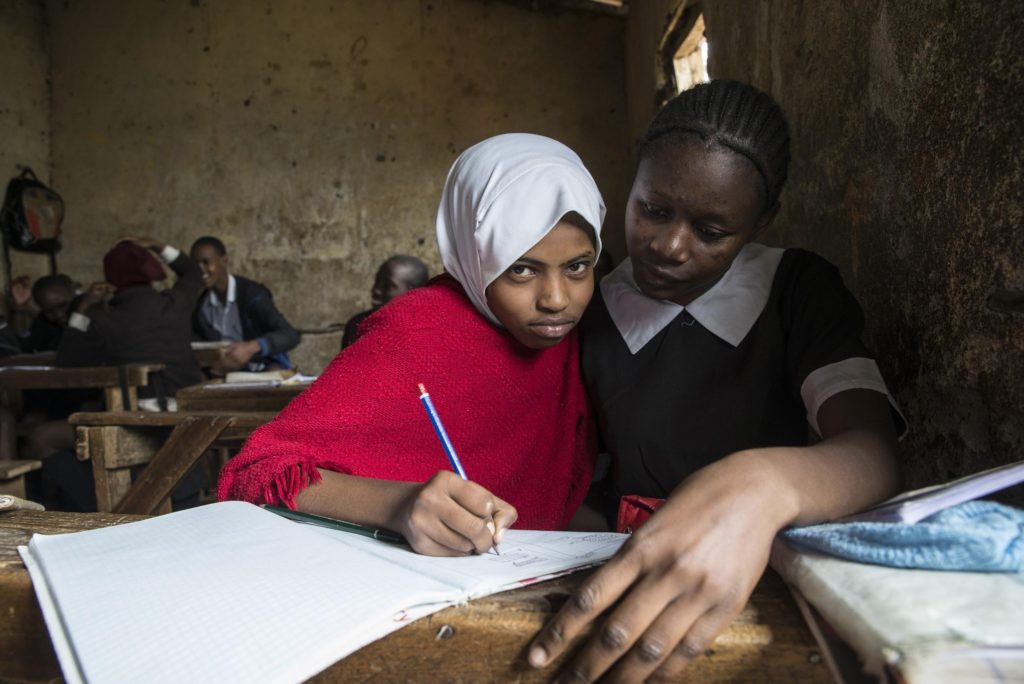
By Ndéye Awa Fall Growing up as a girl in an urban set-up in Dakar, Senegal, I was fortunate to […]
Read More…
Top-down, bottom-up, and incremental approaches are usually applied to the implementation of policies (Darling-Hammond, 2000). Even though these approaches have been solely applied to the policy process, they can also explain implementation mechanisms within education programs that have expansive in nature and seeks to influence policy outcomes in a particular educational skill area—learning outcomes. […]
Read More…